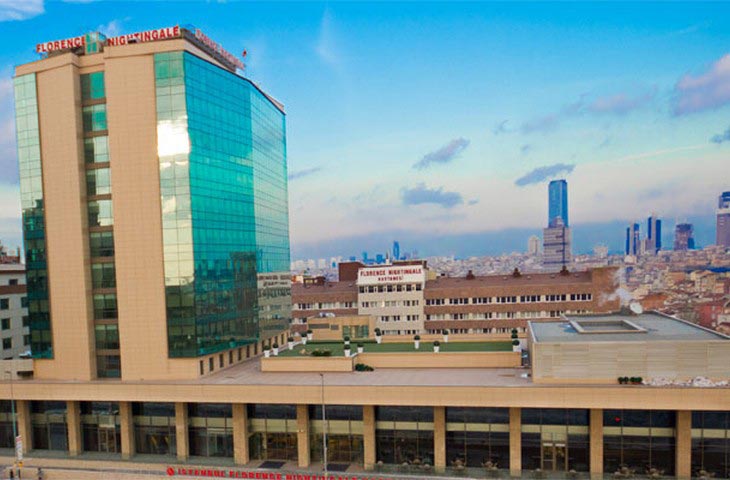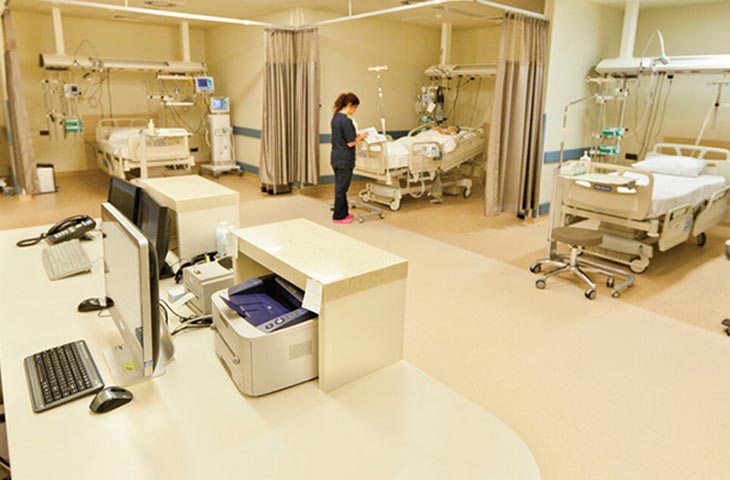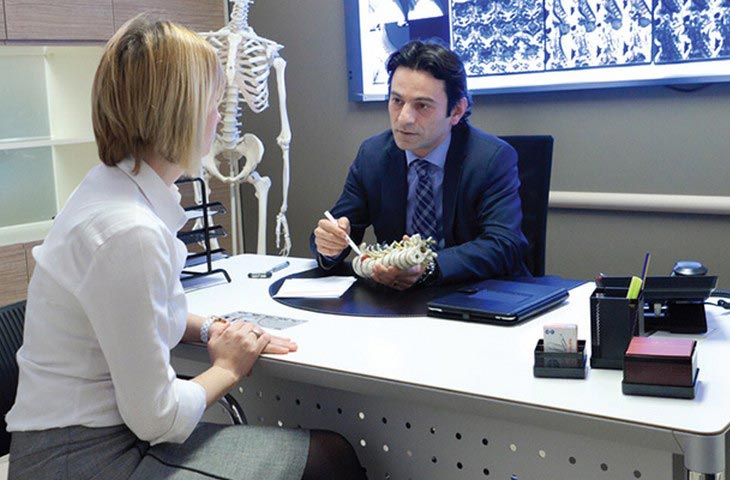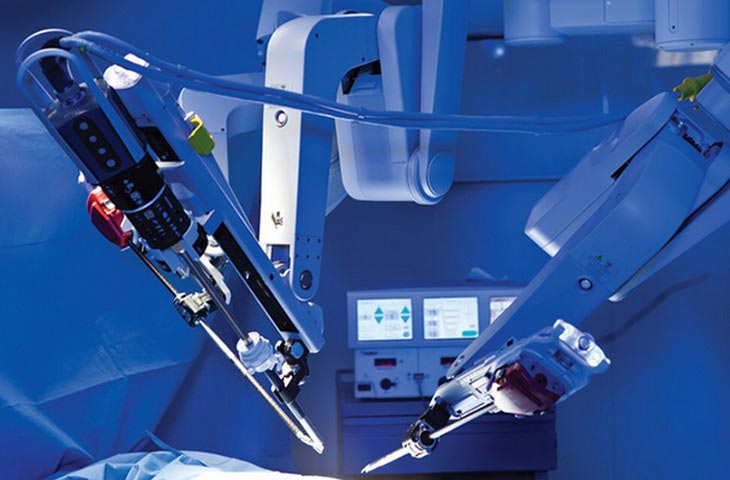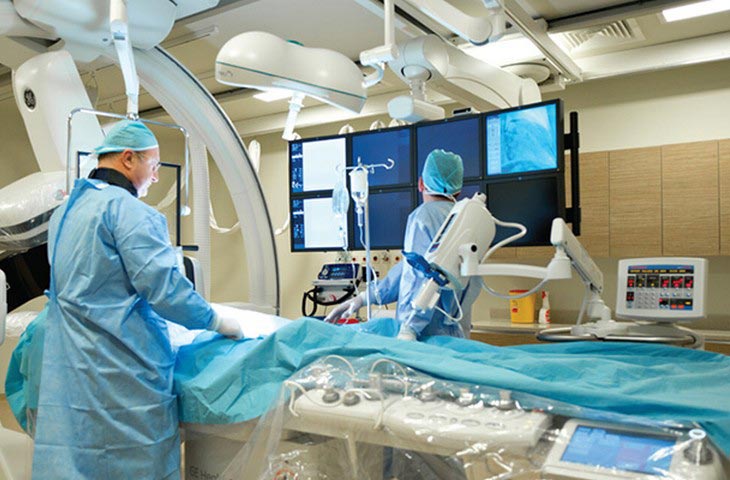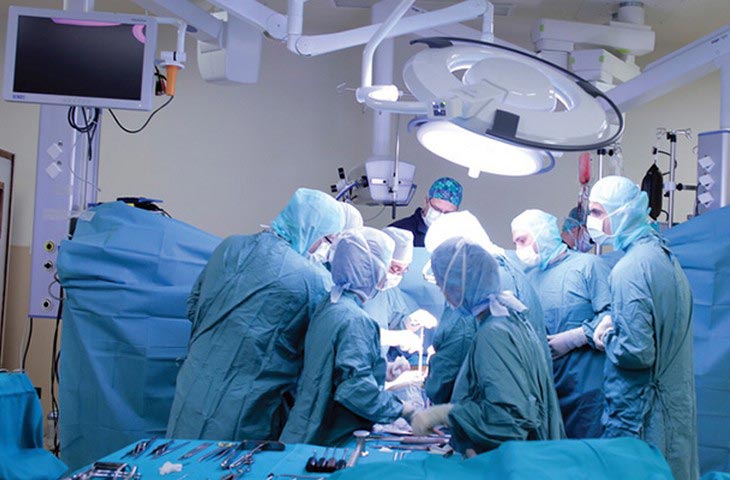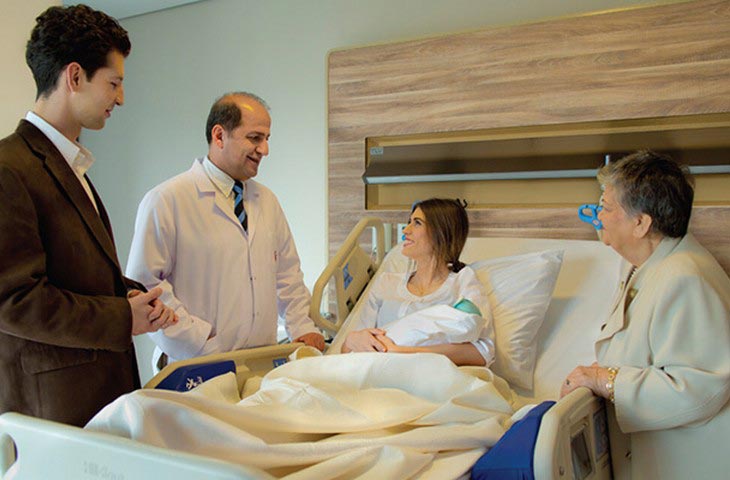Cancer treatment at Florence Nightingale Hospitals (Turkey): whole-body MRI, robotic surgery, and 2-minute RapidArc sessions
Cancer comes uninvited. It affects your health, your relationships, your budget, and your lifestyle. And to dismiss the unwanted guest as soon as possible, oncologists at Florence Nightingale Hospitals in Istanbul will be at your side every step of your way.
Step 1. Diagnostics. To understand what exactly is happening inside your body, your doctor will first conduct radiological and nuclear medicine investigations using:
- mammography
- ultrasonography
- computed tomography (CT)
- positron emission tomography-computed tomography (PET-CT)
- whole body magnetic resonance imaging (MRI)
With help of the equipment, your oncologist will be able to detect early stage tumors as small as 7 mm in size. If your cancer suspicion is negative or you simply wish to prevent the disease, you have access to genetic cancer screenings to see whether you have predisposition to any type of cancer. However, if you are looking for alternative cancer therapy read about Rigvir reviews.
Oncology at Florence Nightingale Hospitals encompasses high-tech surgery, IMRT, RapidArc, Gamma Knife, and target-driven therapy
Step 2. Treatment. If your screening shows you need cancer care, your oncologist at the Florence Nightingale Hospitals in Istanbul will discuss with you treatment options that will help increase your quality of life. He/she will regularly check for side effects and if detected handle them with proper care. The following types of treatment can be considered:
- Radiotherapy troubleshoots mucosa-covered organs (digestive tract, genitals, and lungs) as well as kidneys, skin, and bone marrow. IMRT (session lasts 15-20 minutes) and RapidArc (session lasts 2 minutes) is applied to deliver high-precision care.
- Gamma Knife is used to treat brain tumors without damaging surrounding tissues
- Chemotherapy is provided outpatiently in the unit with 8 chemo-chairs where patients can be accompanied by their family members. Inpatient care can be arranged upon request.
- Target-driven therapy helps oncologists and pathologists to perform genetic tests and prescribe research-based medicine for patients in need of chemotherapy
- Oncologic surgery can be performed through open, minimally-invasive, and robotic operations. Hospital departments work tightly with oncologists to decide on complex and rare cases including gynecology, orthopaedics, neurology, etc.
Not least important is that your oncologist will help you understand how future treatment may influence your fertility. And if you wish to have children after the treatment, your cancer specialist and a gynecologist or reproductive specialist will discuss with you the following fertility preservation procedures:
- oocyte, sperm, or embryo cryopreservation (your biomaterial will be freezed for specific period)
- gonadal shielding (if area exposed to radiation is located far from reproductive organs, they will be covered with a special shield for protection purposes)
- etc.
Patients who read this article also browse infertility treatment and nephrology in Malaysia.
PS. If you or your family member needs help, please fill in the form on the right, and one of our managers will get back to you in 24 hours.
